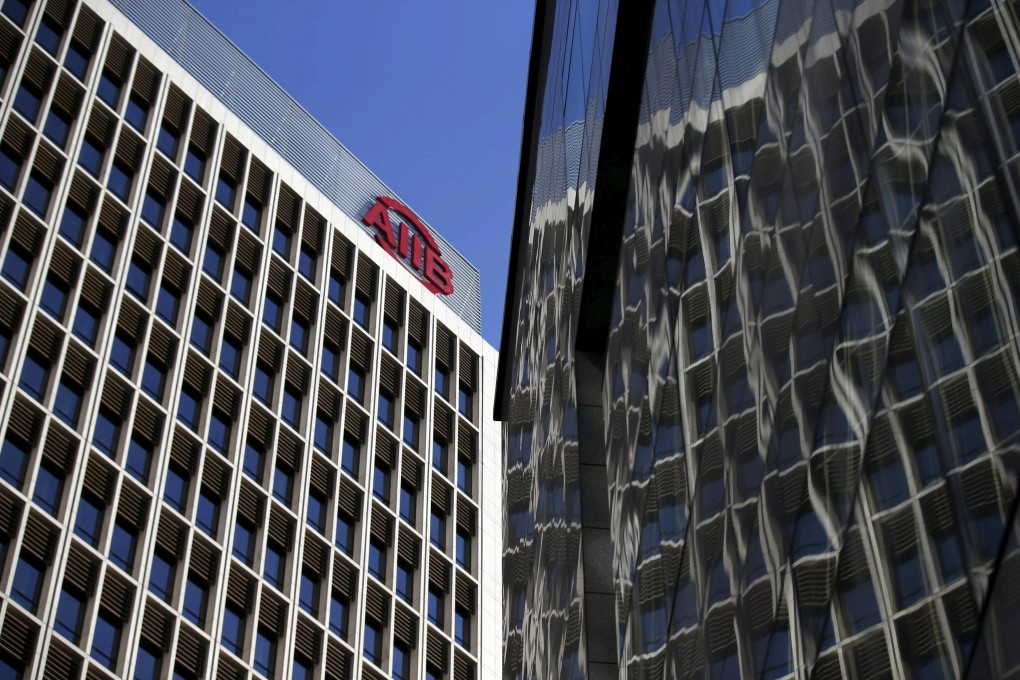China-led AIIB failing on human rights, environment in India and Bangladesh: activists
- The Beijing-headquartered development bank is under fire for displacing communities in India and Bangladesh and for not being ‘lean, clean or green’
- AIIB says sustainability ‘fundamental’ to its mission and it is ‘taking steps to increase awareness of such issues for staff’

The bank, which launched in 2016, backed projects in India and Bangladesh that displaced local communities and caused environmental damage, despite claiming to prioritise social and environment sustainability, activists said in a press conference on Tuesday.
Nora Sausmikat, a member of the German environmental group Urgewald, said analysis of 25 case studies showed the Beijing-headquartered development bank had not lived up to “the principle of being lean, clean and green”.
It was organised by the Manila-based NGO Forum on ADB, a network of civil society organisations that monitors projects funded by multilateral financial institutions.
Sausmika said the bank had also shunned civil society organisations during its annual meeting in July.
“This year’s AGM was fully investment-oriented and for the first time had no civil society participation at all,” she said. “Since this is a public bank, it needs to be transparent and inclusive. Information should be made public, and civil society organisations should always be part of the consultations, as is the case with other multilateral development banks.”